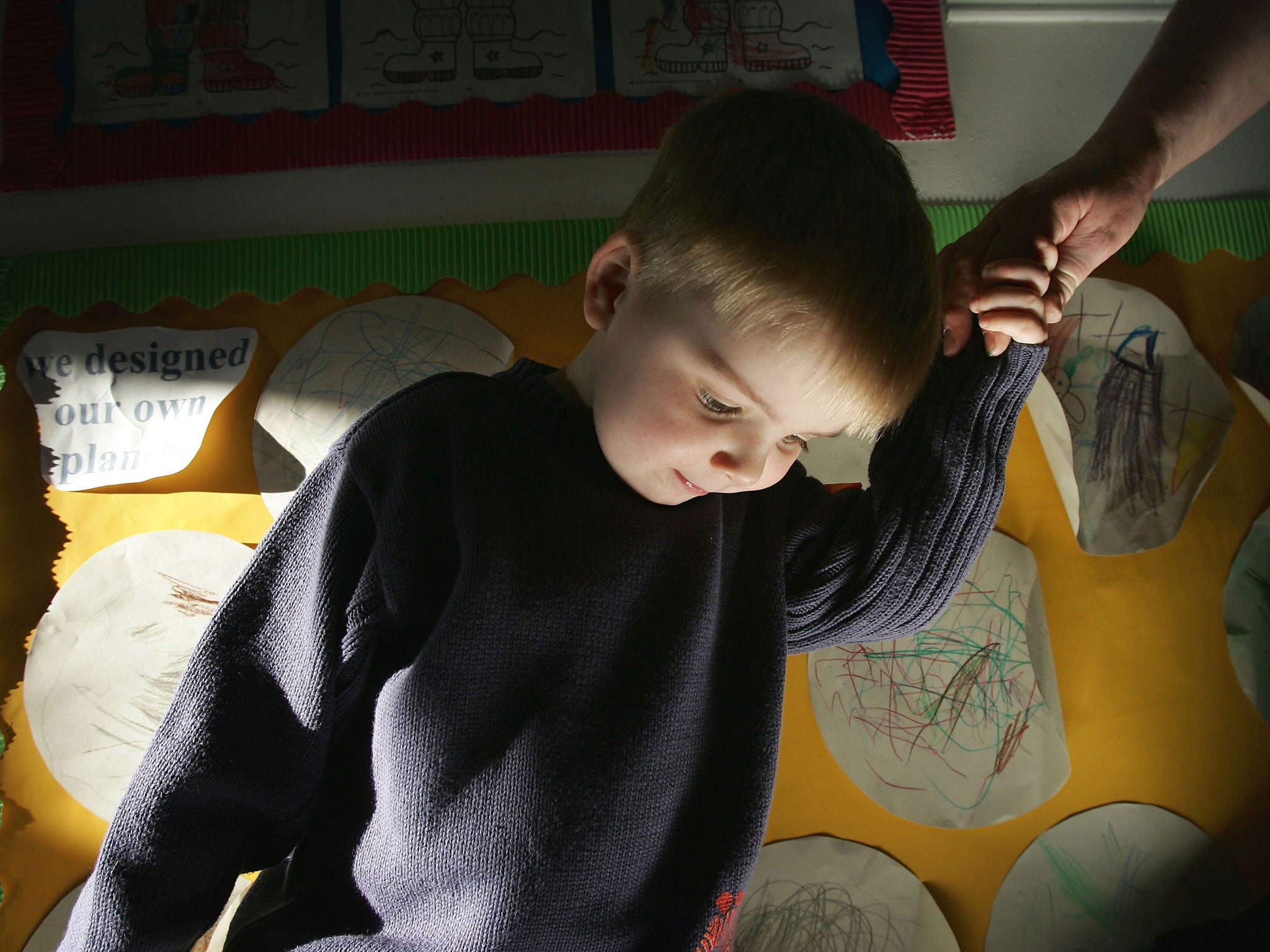
At first sight you could be forgiven for believing there was a potential clash between Baroness Morgan’s call for schools to take in two-year-olds and the clamour by a growing band of academics - now backed by former Archbishop of Canterbury Lord Williams - for formal schooling to be put back to seven.
The answer is that there is not, though - provided the learning is conducted in a less formal and fun way.
After all, imagine how much further behind the children of disadvantaged parents could have slid by seven - given they are already 19 months behind by the age of five.
According to the Government’s statutory framework for the Early Years Foundation Stage (all right, it’s a horrible name for something that is outlining a more informal approach to learning), there are seven key areas in which children should develop at nurseries before they start formal schooling: communication and language, physical development, personal social and emotional development, literacy, mathematics, understanding the world and expressive arts and design.
It means encouraging them to listen and pay attention (through reading them stories). In watching their physical development, you would help them handle tools and equipment effectively - such as pencils. They should be able to count from one to 20.
In maths, you could encourage them to pile building blocks on top of one another and begin to get them to count how many blocks there were. In reading, they should read and understand simple sentences.
Of course, academies do not have to fall in line with the national framework but - in reality - they are unlikely to differ from the priorities set out here.
The Government has already made a good start by offering disadvantaged two-year-olds free access to nurseries, child-minders and pre-school settings but more widespread provision would undoubtedly be costly.
It could, though, as Baroness Morgan says, have a transformative effect on the education of disadvantaged children,

Join our commenting forum
Join thought-provoking conversations, follow other Independent readers and see their replies